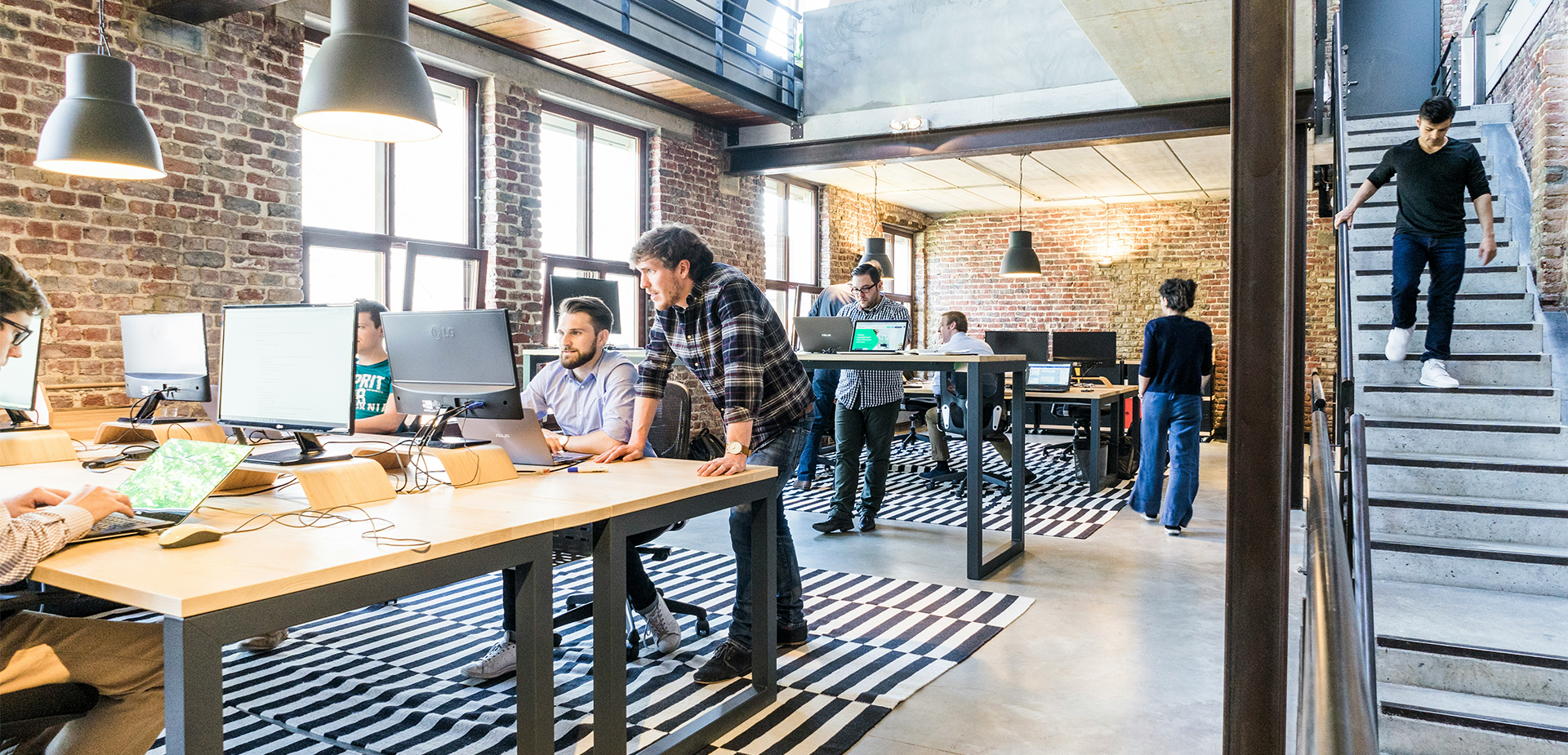-
Surveying the horizon, industry observers unanimously acknowledge that the future promises anything but stagnation. In the years ahead, a proliferation of hybrid-distributed workplaces is anticipated, ushering in an era where workers have the freedom to reside in more cost-effective towns and cities. Amidst this shifting paradigm, optimizing company culture in hybrid reality poses a decade-long challenge, necessitating continual evolution to keep pace with the emergence of novel communication tools.
-
-
Within this dynamic milieu, the significance of experimentation cannot be overstated. As the hybrid landscape evolves, tenants increasingly gravitate towards properties prioritizing flexible office furniture, adaptability, and employee well-being. In response, building owners and developers must embark on a quest to explore innovative real estate design strategies that set them apart from the competition and seamlessly adapt to the demands of this burgeoning marketplace.
-
Enter the concept of pilot spaces—a game-changer in real estate experimentation. These versatile environments allow clients and designers to test uncharted concepts with uncertainty, knowing they can pivot if the outcomes fall short of expectations. The allure of pilot spaces lies in their ability to facilitate radical experimentation, enabling stakeholders to push boundaries and explore innovative ideas with minimal risk.
-
-
-
As articulated in dialogue blogs and industry discourse, these experimental spaces are incubators for creativity and innovation, empowering organizations to venture into uncharted territory with confidence and conviction.
-
Furthermore, it’s crucial to underscore that workplace strategy is anything but a one-size-fits-all solution. Cultural norms and practices that resonate in one context may contribute to differential leadership, pivotal in guiding cultural transformation and normalizing change, setting the stage for successful adaptation in diverse organizational settings.
Against the backdrop of evolving workplace dynamics, top-performing companies are recalibrating their expectations regarding office occupancy. Research and industry insights reveal a growing trend toward most employees being present in the office concurrently, signaling a shift towards a more balanced hybrid work model.
-
-
Meanwhile, industries like technology find themselves at a crossroads, grappling with heightened scrutiny and navigating transformative changes in work practices and resilience strategies. In this pivotal moment, there is an urgent imperative to embrace experimentation and innovation, spearheading initiatives that foster community rebuilding and trust-building within workplaces and beyond.
-
-
In conclusion, the future of work is a tapestry of innovation, experimentation, and adaptability. As organizations navigate the complexities of the hybrid workplace landscape, embracing pilot spaces, nurturing inclusive cultures, and leveraging transformative technologies will be paramount. By fostering a culture of experimentation and resilience, organizations can position themselves as trailblazers in the ever-evolving terrain of the modern workplace, poised to thrive amidst uncertainty and change.





